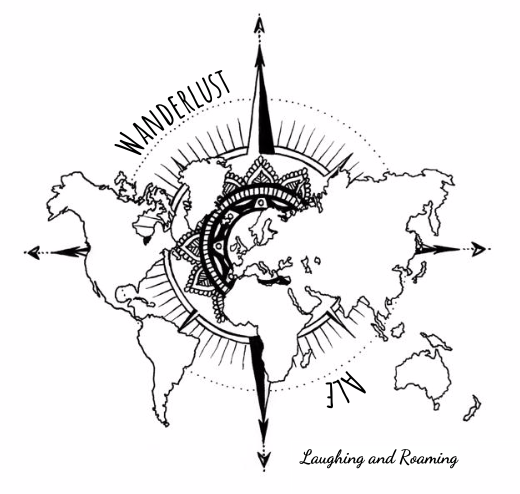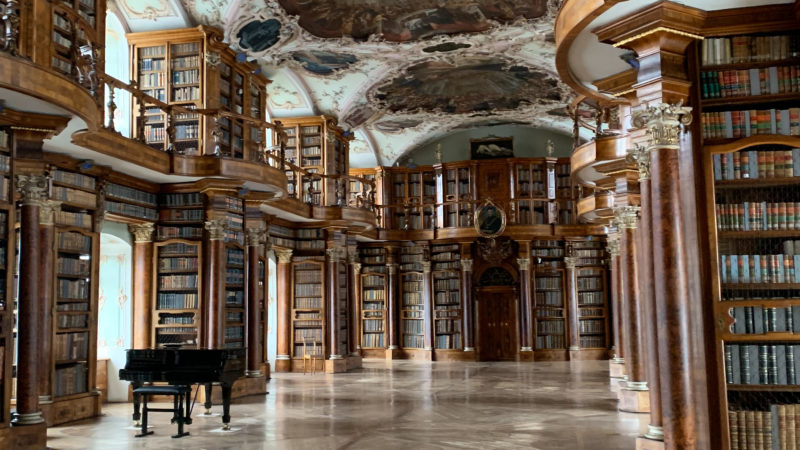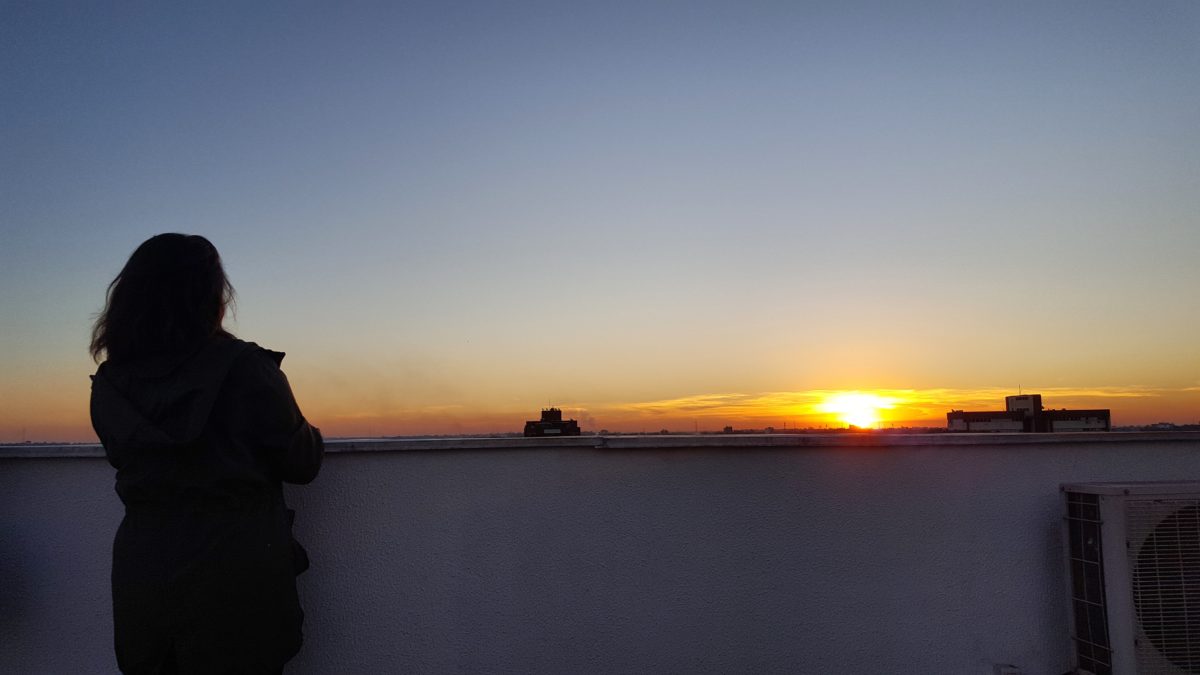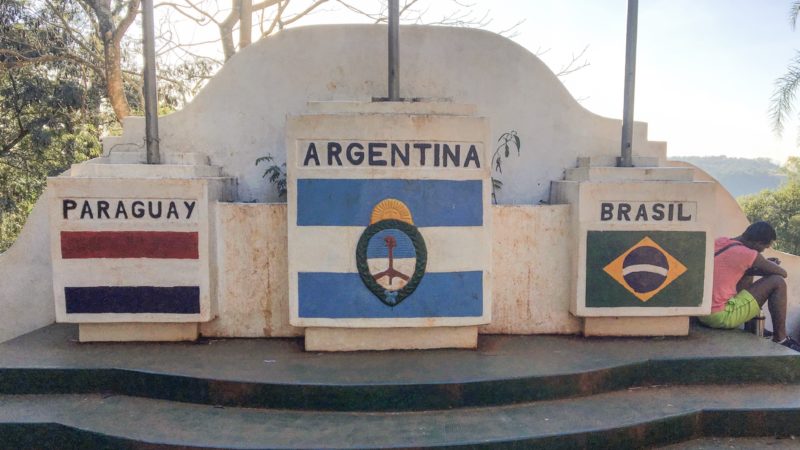” I have always imagined that Paradise will be a kind of library” has once declared Jorge Luis Borges, the famous Argentinian writer.
Enclosing secrets as old as the world, mysterious and intriguing, these temples of knowledge offer much more than literary choices. They present marvellous architectures symbolising the developments and ideas of history and dazzle with such cachet.
From the oldest to the most futuristic, these spaces dedicated to reading were all built with the aim of being able to amaze, charm and above all inspire visitors. Well, mostly to charm and inspire me. And make me travel to unusual places.
… Continue reading






